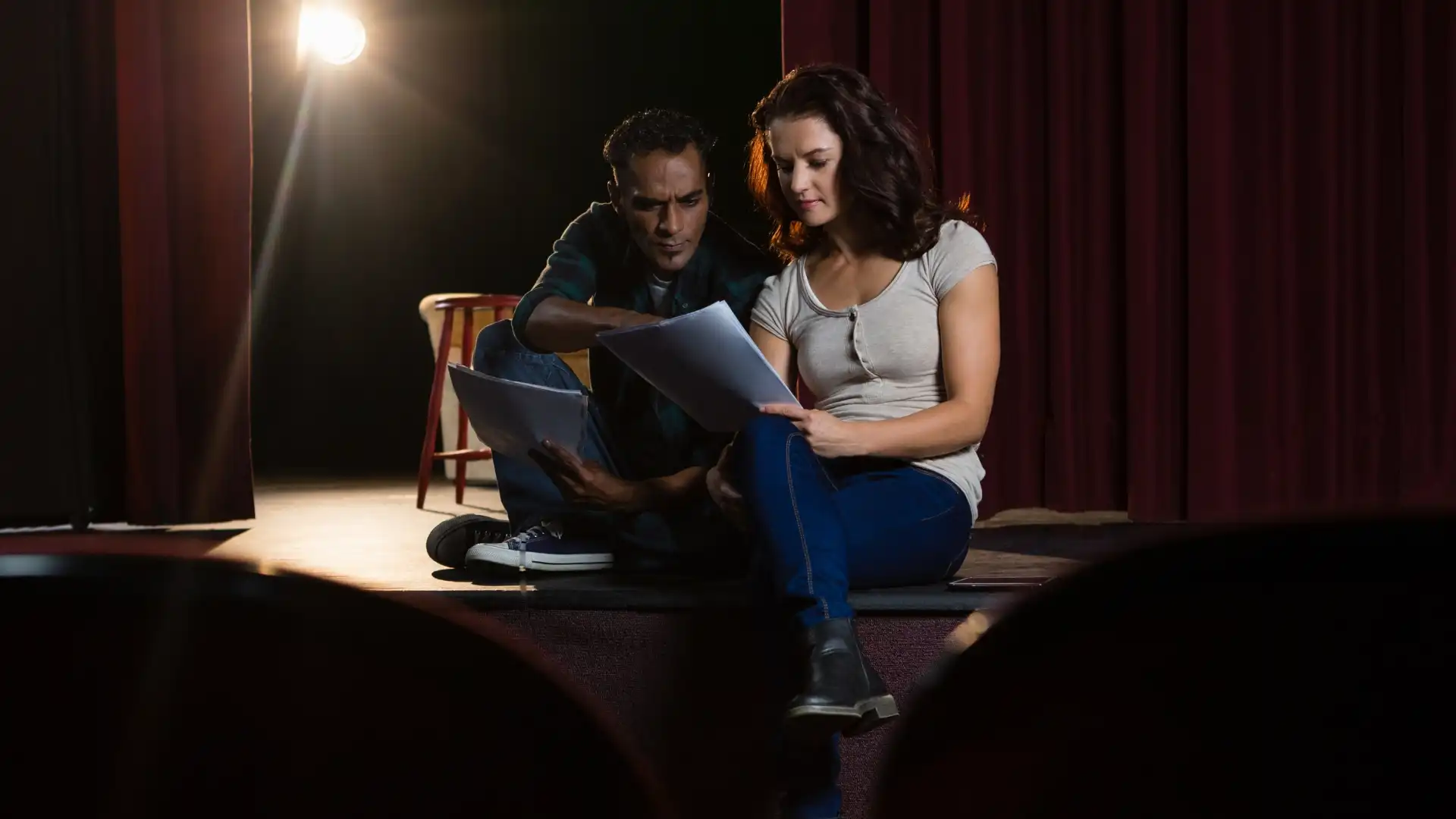Humans have always been drawn to stories. They provide entertainment, education, and insight into the human experience. Storytelling has evolved over time, from early oral traditions to the modern-day film industry. Screenwriting is a unique form of storytelling that requires a particular set of skills. Successful screenwriters are adept at weaving a compelling narrative that captivates the audience and brings characters to life on the big screen.
Becoming a successful screenwriter requires more than just having a good idea. Screenwriters need to excel in the art of storytelling and possess several essential skills. These skills include developing complex characters, crafting engaging dialogue, and structuring a story that captivates the audience. Moreover, screenwriters must be persistent, adaptable, and able to handle rejection. In this article, we will delve deeper into this topic and explore the key skills that aspiring screenwriters need to master the art of storytelling. So, let’s get started!
Crafting a Compelling Story
The foundation of any good screenplay is a compelling story. As a screenwriter, you need to be able to create a story that captivates your audience and keeps them engaged from beginning to end. To do this, you need to understand the elements that make up a good story. These include the characters, the plot, the setting, the theme, and the tone.
When crafting a story, it’s important to keep in mind that your audience wants to be emotionally invested in your characters. They want to care about what happens to them and feel the emotions they’re going through. To achieve this, your characters need to be relatable and have goals that are worth rooting for. Additionally, your plot needs to be well-structured and have a clear beginning, middle, and end.
Developing Dynamic Characters
A great story is nothing without great characters. As a screenwriter, it’s your job to bring your characters to life and make them feel like real people. To do this, you need to understand your characters’ motivations, their personalities, and their backstory.
One way to develop dynamic characters is to give them flaws. Flaws make characters more relatable and human. Additionally, it’s essential to make sure that your characters have a distinct voice and that they speak and act in a way that is consistent with their personality.
Creating Dialogue that Rings True
Dialogue is an essential aspect of screenwriting. It’s how your characters communicate with each other and move the story forward. To write effective dialogue, you need to make sure that it sounds natural and that it’s consistent with your characters’ personalities.
One way to make sure that your dialogue sounds authentic is to read it out loud. If it sounds like something someone would actually say, then you’re on the right track. Additionally, it’s important to use subtext in your dialogue. Subtext is the underlying meaning behind what your characters are saying. By using subtext, you can add depth and complexity to your characters and make your dialogue more interesting.
Mastering the Art of Structure
Structure is one of the most critical aspects of screenwriting. A well-structured screenplay has a clear beginning, middle, and end, and the story flows smoothly from one scene to the next.
One way to master the art of structure is to use a three-act structure. The first act sets up the story and introduces the characters. The second act is where the conflict is introduced and the stakes are raised. The third act is where the conflict is resolved, and the story reaches its climax.
Another important aspect of structure is pacing. You need to make sure that your story moves at the right pace, and that the audience doesn’t get bored or lost along the way. To achieve this, you can use pacing techniques such as foreshadowing, cliffhangers, and subplots.
Creating Visual Imagery
Another essential skill for aspiring screenwriters is the ability to create vivid visual imagery. As a screenwriter, you need to be able to paint a picture with your words and bring the story to life in the minds of your audience.
One way to create powerful visual imagery is to use descriptive language. Instead of simply stating what’s happening, describe the scene in detail. Use sensory language to engage your audience’s senses and make them feel like they’re right there with the characters.
Additionally, you can use symbolism and metaphors to add depth and meaning to your story. By using these literary devices, you can create a richer and more layered story that resonates with your audience on a deeper level.
Take the Next Step in Your Screenwriting Journey
The art of storytelling is truly an essential skill for aspiring screenwriters to master. Crafting a compelling story, developing dynamic characters, creating engaging dialogue, mastering structure, and creating vivid visual imagery are all fundamental skills that must be honed to succeed in this field.
The journey to success in the film and television industry may be challenging, but the rewards are immeasurable. As you embark on your screenwriting journey, remember that with hard work, dedication, and a passion for storytelling, you can bring your characters and their stories to life on the big screen.
At Yellowbrick, we offer a Film & TV Industry Essentials Course that helps screenwriting enthusiasts and others explore all areas of the film and television industry. This 100% online program, taught by NYU faculty, features experts from IndieWire and Rolling Stone, as well as leaders from across the industry, including Ang Lee, Judd Apatow, Yahlin Chang, and Kevin Bray. Through this program, you will gain a comprehensive understanding of the various aspects of the industry, from screenwriting and production to distribution and marketing.
In addition, the program offers practical advice and tools for aspiring screenwriters, such as developing a story concept, writing a treatment, and pitching your project. With this program, you will gain the knowledge and skills necessary to navigate the complex and ever-changing landscape of the film and television industry. So, if you are passionate about storytelling and are ready to take the next step in your screenwriting journey, consider enrolling in our Film & TV Industry Essentials Course at Yellowbrick.








